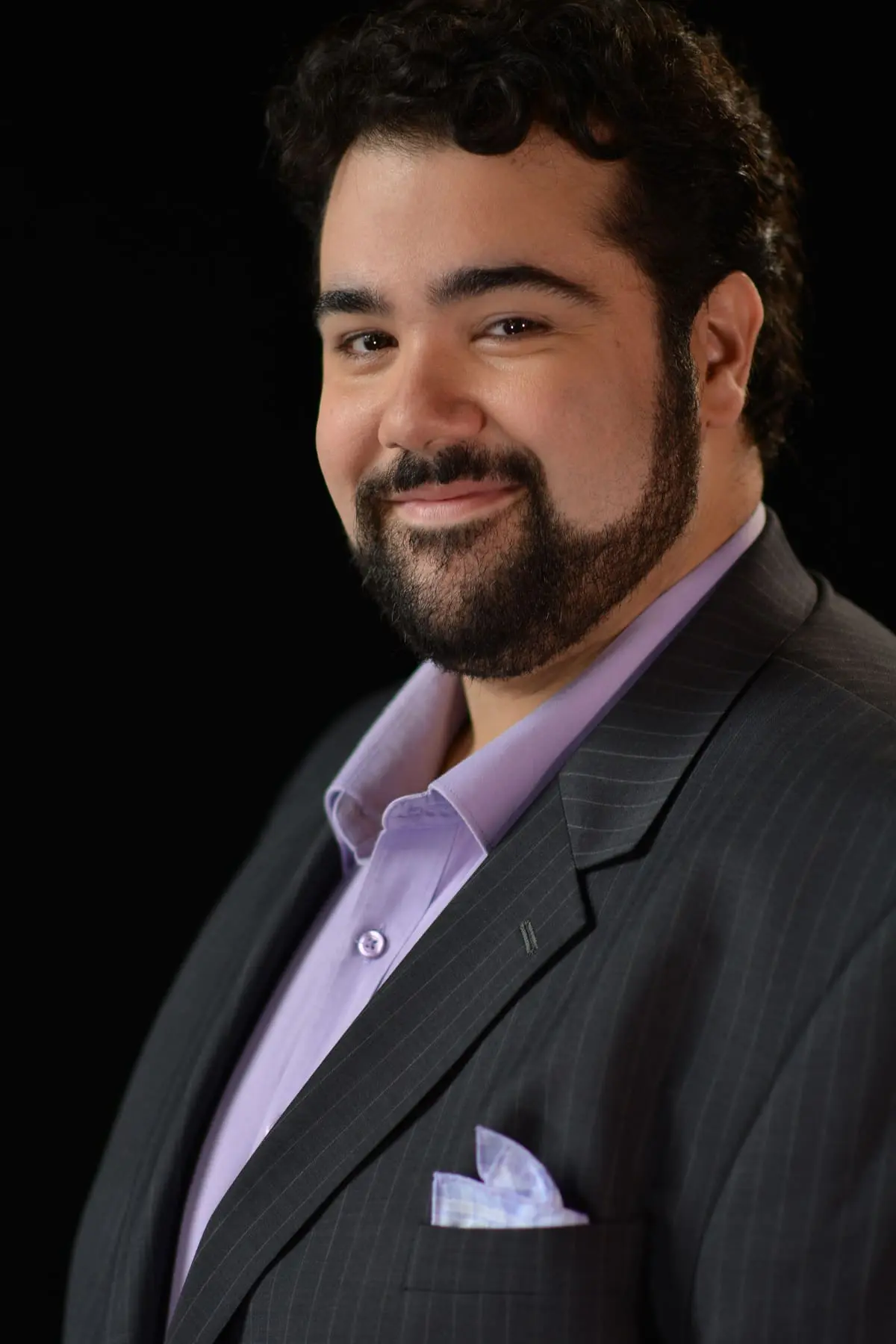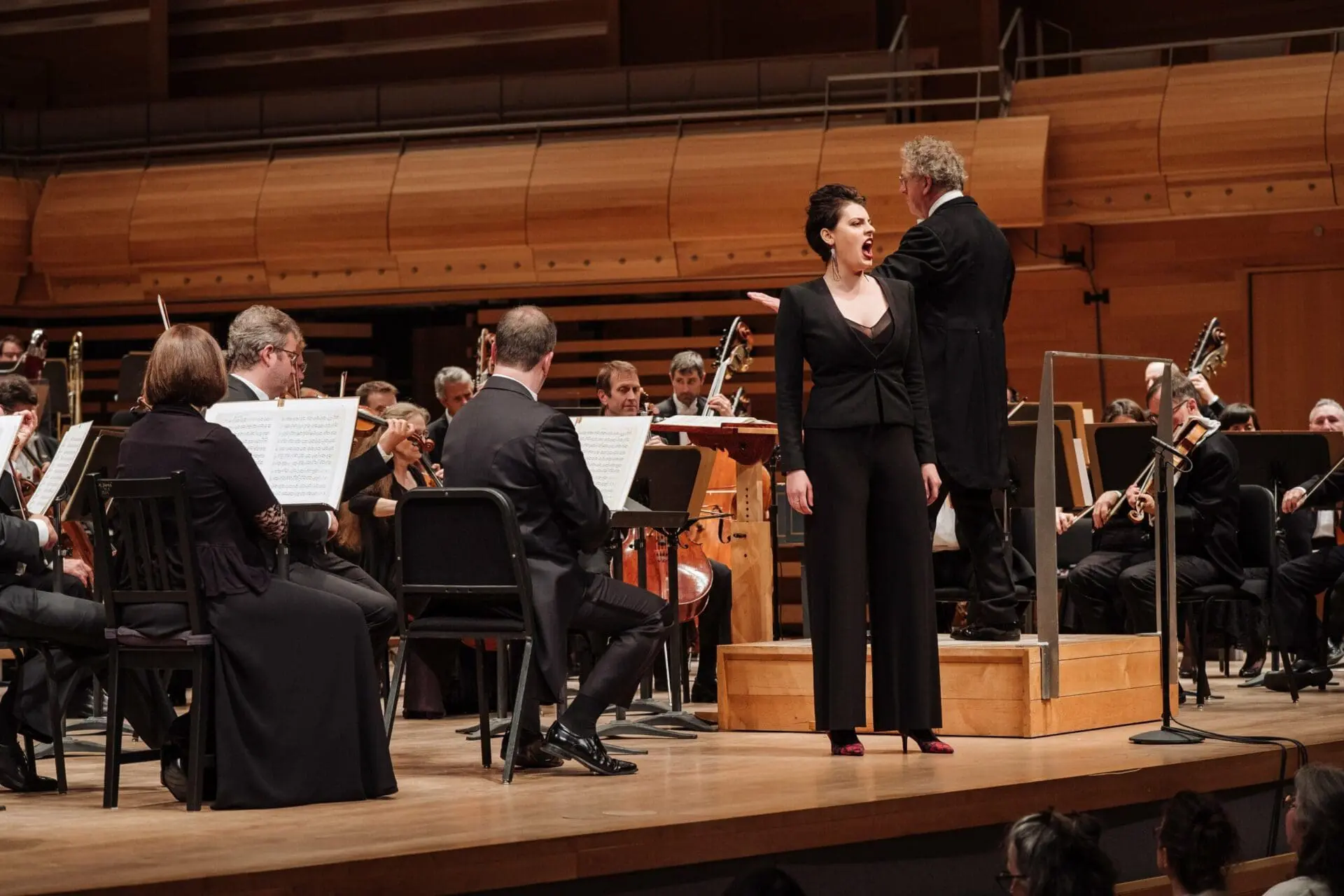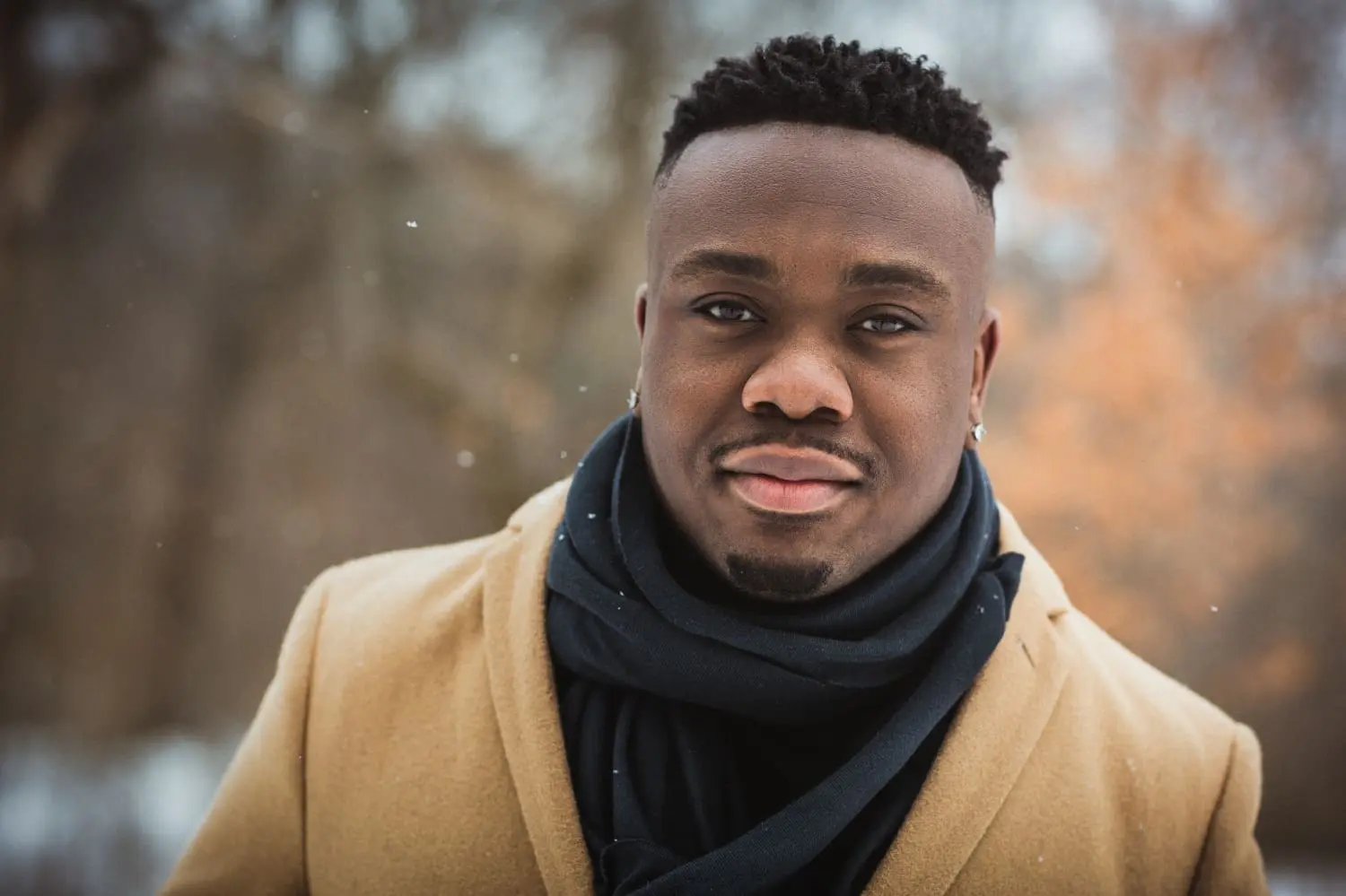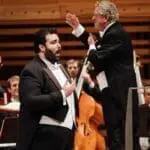As Canada’s artists ready themselves for far-reaching cancellations in the 2020-21 opera season, Opera Canada is checking in. What is the ripple effect of an opera-free season? How many Canadians will call themselves professional artists in a year’s time? How bad has it gotten for freelancing individuals? And are there silver linings? We look for answers in our new series of Q&As, “What’s next?” Next up is tenor Andrew Haji:
What do the recent announcements of cancelled 2020/21 opera seasons mean for your professional future?
“Hopefully very little in the long term, but in the short term it means I’ve got a whole lot of free time on my hands between now and Christmas. The cancellations and closures are, of course, very necessary to keep both performers and audiences safe. However, the impact these cancellations have had on performers and performing arts organizations is significant. I’ve personally seen around 60-70% of my anticipated annual income disappear.
“I’m hopeful that we’ll be able to return to live performances at some point in the next 6-8 months, but that could look very different from what we’re used to. Much smaller productions, much smaller audiences, and much smaller fees are all likely.
“I applaud the digital initiatives many companies are introducing but in order for that to be sustainable, we need to figure out a way to ensure that artists (and companies) get paid for their work. Offering up performances for free on the web can be an important outreach tool, but we need to be very careful not to devalue what we all work so hard to produce.”
How much time have you spent considering a new career?
“I suppose I’ve always had two careers on my mind since high school. In addition to being an opera singer I also run a small business offering IT consulting services called The Techie Tenor. When COVID-19 hit and I received cancellation after cancellation, I started to fall back on my IT work to help cover the bills.
“I’ve often heard it said that in order to be a successful opera singer, you need to believe that there’s nothing else in the world you would rather do. The pandemic has proven that very wrong. When entire livelihoods can be disrupted in an instant, we all need to make sure we have backup sources of income for when the next pandemic hits. That said, I can’t wait to get back to singing and put my IT work back on the back burner.”
What plans, singing or otherwise, do you have for the coming season?
“Until the end of 2020 my only plans are to spend as much time as possible with my wife, Vania, and 5-month-old son, Leo, while doing as much IT work as time permits. I think it’s very important to keep up my voice during this downtime so I try to sing as often as I can at home. Lately, though, the majority of my singing happens at Leo’s bedtime (he loves “Edelweiss” from The Sound of Music). This extra time has also given me an opportunity to revamp my professional website and get a lot of housekeeping work done at home.
“While concert halls and opera houses are closed I think it’s a great idea to look into other ways of making money from our art form, such as producing recordings. That’s something I’d definitely like to do, if time permits.
“I have a number of singing contracts for early 2021 that I’m hoping can still happen, but it’s anyone’s guess what the industry will look like by then. I don’t think anyone expected this pandemic to last quite this long.”
Andrew Haji















